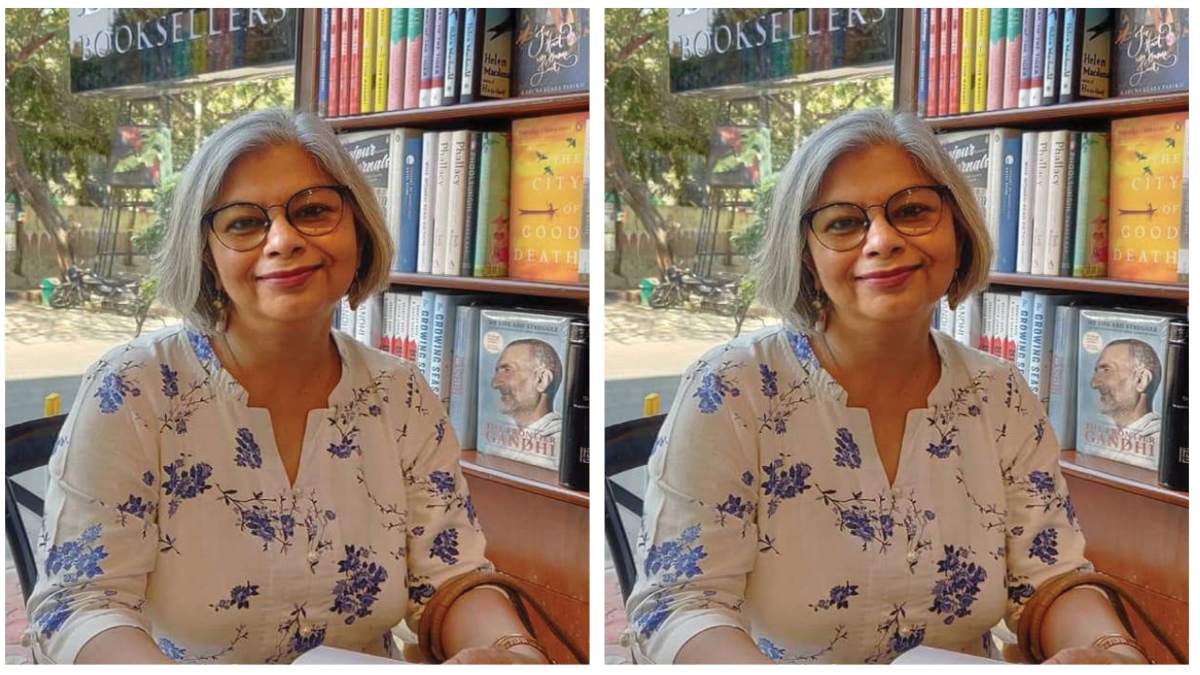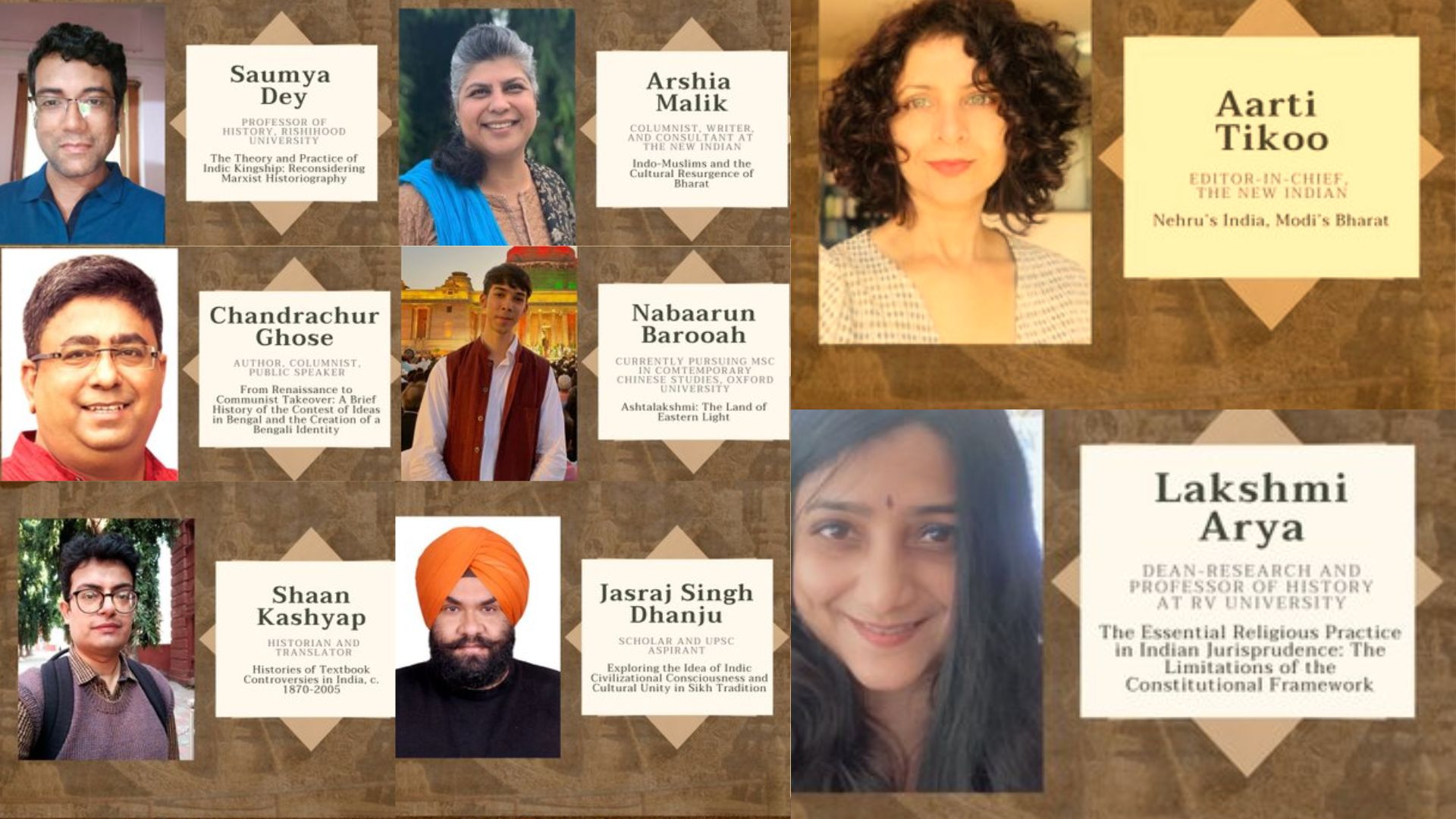Set in Kolkata, Sutapa Basu’s The Cursed Inheritance is a mystery novel which tells its readers that the past and the present can never be separated, no matter how hard one tries. In an interview with The Sunday Guardian, the author explains what draws her to explore historical elements in fiction and how they can teach young readers about the heritage of their nation.
Q: What inspired you to set foot into the mystery genre with The Cursed Inheritance?
A: As a reader I have been fond of reading mysteries and historical fiction. It was natural of me to veer towards these genres when I began to write. My debut novel was a psychological thriller and one of my anthologies, Out OfThe Blue, is a collection of thrillers. But this cozy mystery is different. The inspiration for this book is an inanimate object that has been a living, breathing entity for me. The main protagonist of The Cursed Inheritance is the heritage mansion. This house has been growing gradually in my imagination for a long time. In fact, when I saw the grand, zamindari mansions and havelis that dot the lanes of North Kolkata, I tried to imagine all the tales that they would tell me if they could. Therefore, I have been weaving this tale around my fantasy mansion for years and it is only now that I set it down in words.
Q: Your previous books have dealt with historical subjects and this one also places great emphasis on history, from the motif of Sarkar Bari to the use of Egyptian history. What interests you in this area?
A: History has always fascinated me for it is the story of times past. When I studied it at school, I was always dissatisfied because I never came to know the complete tale, only facts and figures. But as I grew older and came across narratives based on history, I found my genre. Fiction based on history makes the past come alive. Reading and writing historical fiction gives me an opportunity to compare the past and present. It tells me the causes of modern events, shows me how similar the past and present is and sadly reveals how humanity continues to commit the same mistakes over and over.
Q: At the end, the protagonist, Anahita, decides not to go ahead with the sale of her ancestral house and put it to a nobler use. Do you intend to send out a message for the younger generation with that point?
A: It was a conscious decision for I believe very strongly in the idealism of the youth. As we grow older, we become cynical, lose our convictions and carry too much negative baggage. Young people retain their values, beliefs and have a positive approach towards all problems. They have the courage to go out and change the world. I always root for that youthful outlook that says, ‘All will be good, if you are good.’ By showing Anahita retain her ancestral house and put it to use of the community, I wanted to reflect her youthful spirit and determination. The Cursed Inheritance is a tale of youthful audacity and victory that says that the empathy of youth always wins the day.
Another intention of profiling the old mansion and its world was to expose young readers to the heritage of their country. Today, most young adults are so absorbed by western ideas and distractions that they are clueless about their own country, its history and heritage. It is a universal phenomenon of the modern, multicultural world. My aim is to lure this generation away from their screens into the world that surrounds them and has existed since before they were born. I believe communities that remain grounded to their past find their true potential. Whether born in or outside the country, the young Indian generation must find their roots to discover its true identity. Heritage is a legacy and through stories like The Cursed Inheritance I have sought to ensure it endures.
Q: Why did you decide to set the story in Kolkata?
A: Kolkata is a city of contrasts and stories lurk in every nook and corner. I felt The Cursed Inheritance could not have a more enchanting setting. I infused regional elements typical to the city into the narrative. The mansion in the story is easily identifiable as similar buildings pepper the streets of Kolkata and most of them have intriguing tales and histories attached to them. Whenever I saw one, I would try to imagine the people who had lived in it over the years, maybe centuries ago. I would wonder what secrets it held.
Other than the cuisine and tantric practices in the region, I have described the chaotic traffic, the crowds and the poverty that haunts Kolkata’s streets against the backdrop of the grand Howrah Bridge that fills its skyline. The hand-pulled rickshaw, an icon of the City of Joy, also finds mention in my story.












